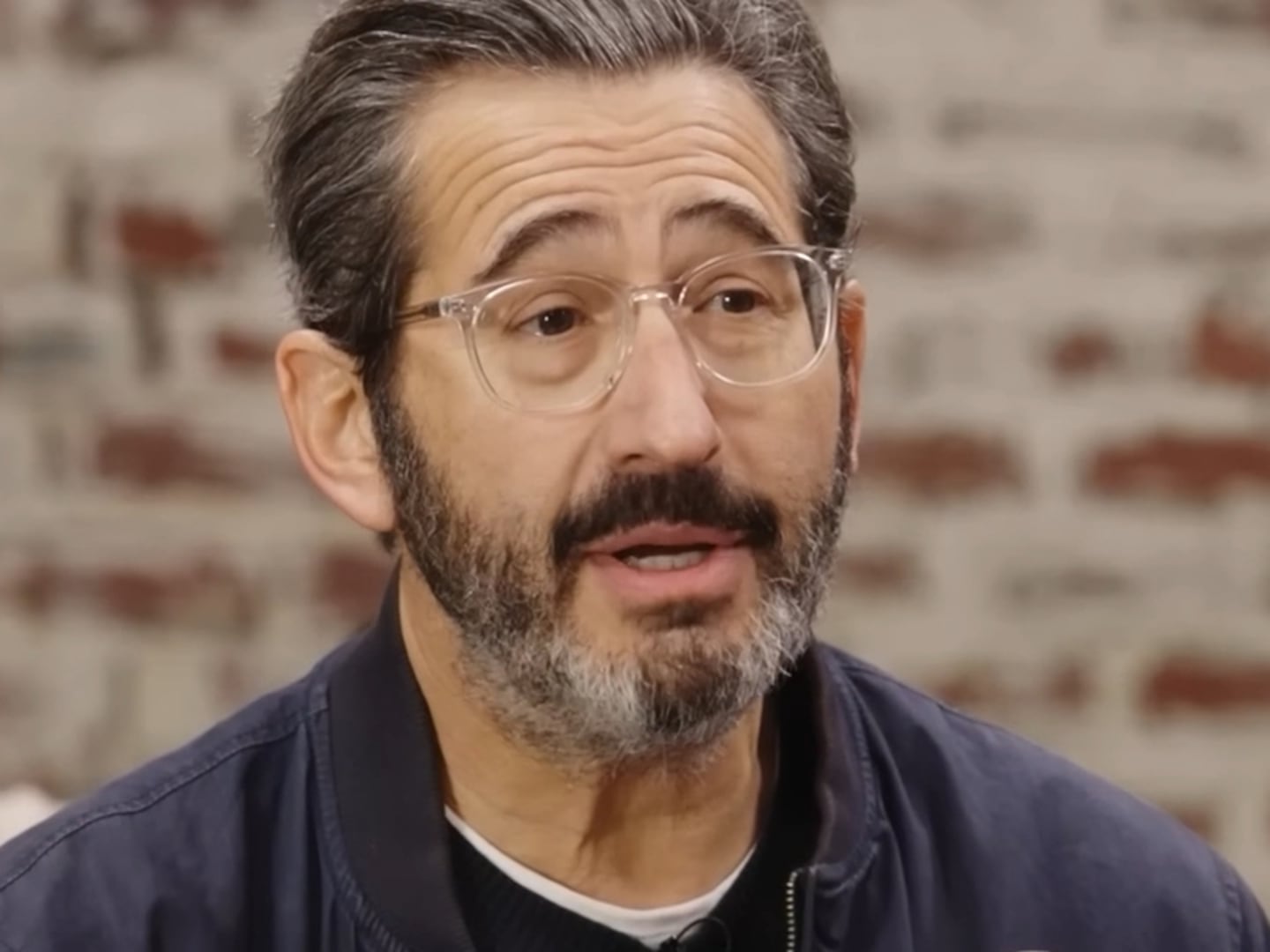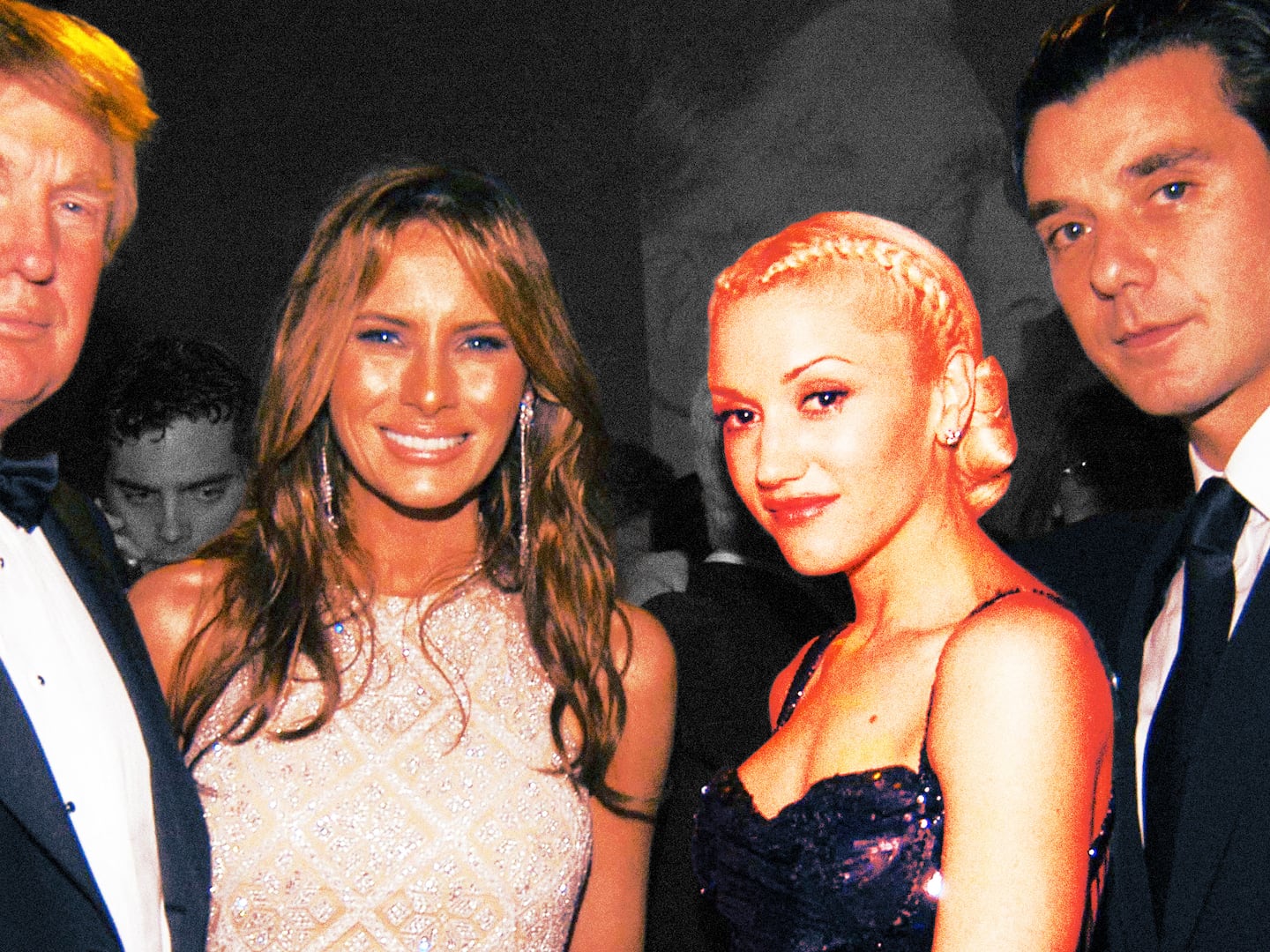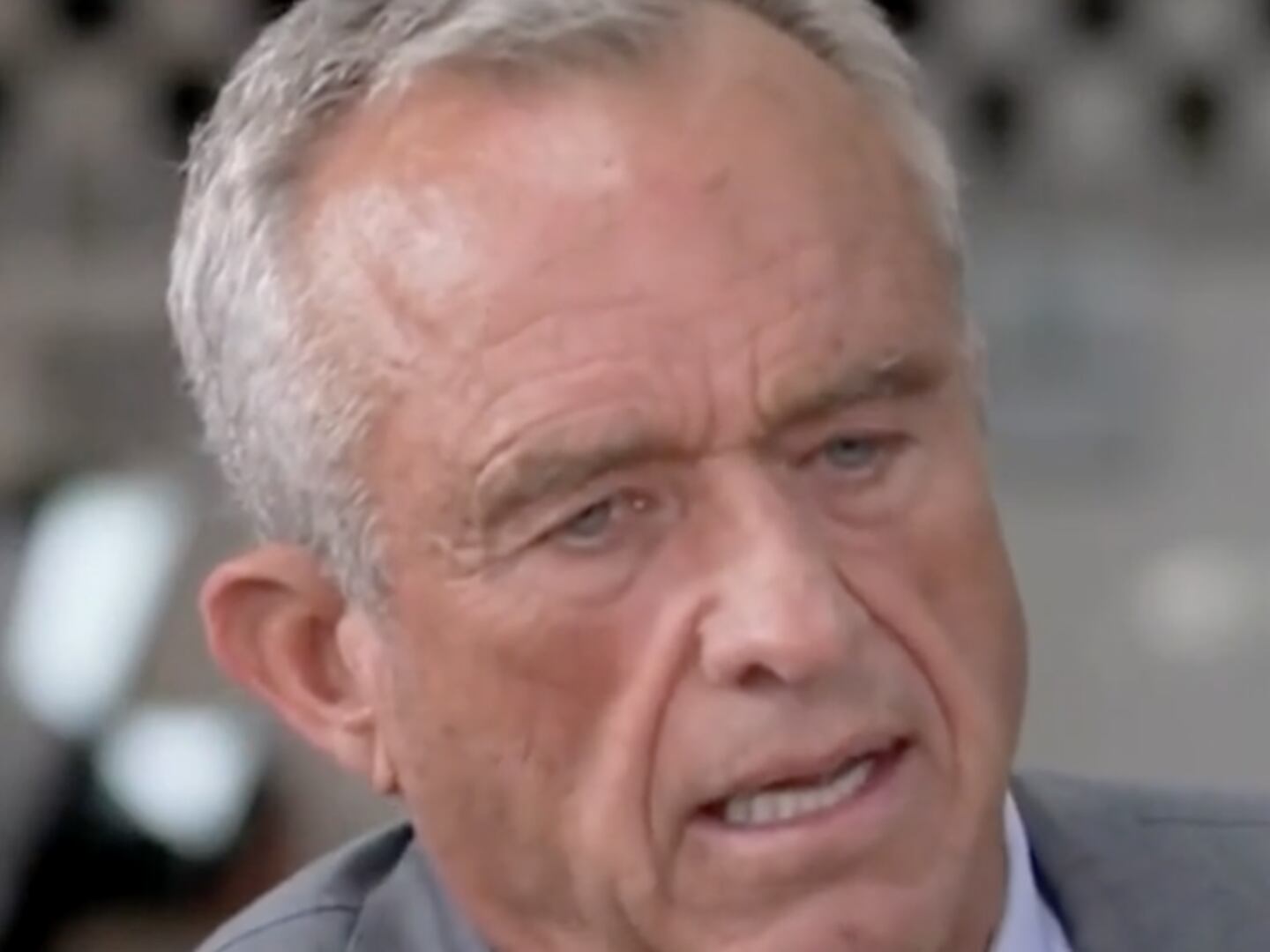Entertainment
Adult Swim
The Mad Genius of ‘The Venture Bros.’: TV’s Craziest Cartoon
MUST-SEE TV
Creator Jackson Publick and writer/producer Doc Hammer open up about their wacky show, whose sixth season premieres Jan. 31 on Adult Swim.

Trending Now




